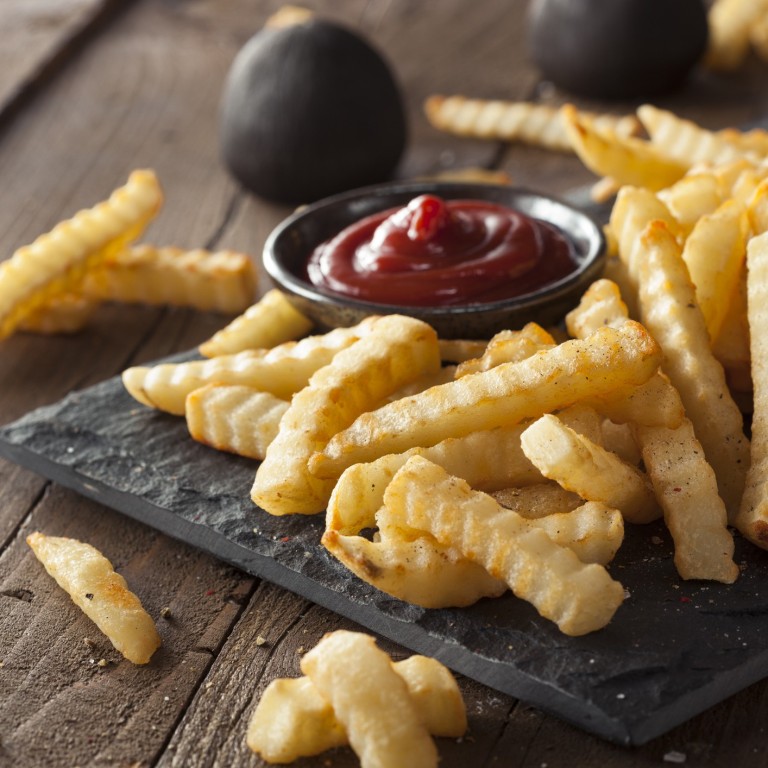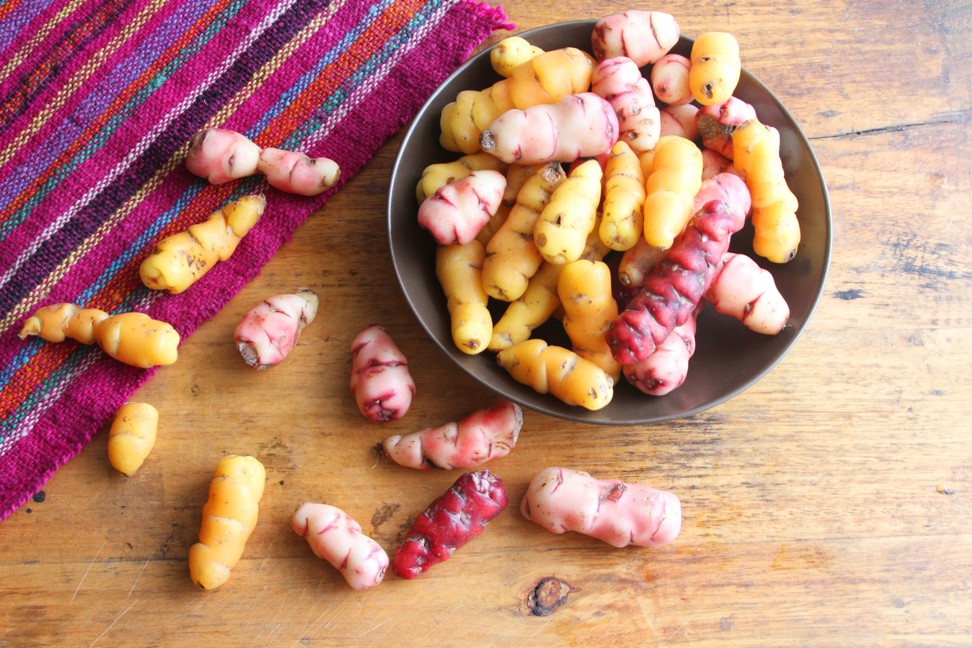Where does the humble French fry come from? No, it’s not France ...

In this edition of our Origins series, we take a look at where the popular French fry comes from.
The humble potato fry is called by many different names, such as chips, French fries, wedges, or “furaido potato” in Japanese.
Yet where did this delightful little stick of gold hail from? A cursory glance at all its appellations and one can agree that its global reach is indisputable.
It seems every country under the sun has its own potato fry preference – whether it’s with cheese curds and gravy, à la Canada’s classic poutine, or with McDonald’s Shake Shake seaweed packet that Hongkongers swear by.
The most-loved variety of potato might well give us some indication of the place from where fries were derived.
Many familiar fast-food chains use varieties of the American Idaho potato. The Idaho Burbank potato fries, a gold standard among food chains, bake or fry a reliably crisp golden brown, while the Yukon Gold has a buttery moist interior.
In fact, 72 per cent of Americans were reported to say they were inclined to eat Idaho potatoes in preference to potatoes from any other US state.
Experts at the Frietmuseum in Bruges, Belgium – the only museum in the world dedicated to the potato fry – have made reference to the South American origins of the potato itself.
“As far as the potato is concerned, its history goes back to around 10,000 years ago … since wild potatoes have been found in several tombs in Peru and Chile,” the museum experts say.
The potato was first domesticated in modern-day Peru from between 8,000 to 5,000 BC. Today, there are more than 4,000 varieties of native potatoes in the Andean highlands of South America.
With more than 10,000 years of history with the potato, it seems hard to believe that anyone other than Peruvians were the first to cut them into little sticks and deep-fry them.
However, it was reportedly the then-US President Thomas Jefferson, at a White House dinner in 1802, who commented on how the potatoes served were of a “French manner”.
The 19th-century anecdote about the “French fry” would have been enough for an amateur sleuth to deduce that frites originated from France – not the US or Peru – as some others have contended.
Yet the moniker “French fry” was more than likely a phrase influenced by France’s culinary hegemony, which it perhaps still possesses.
It was hard to mark the differences between France’s dominant food culture and the comparatively unfamiliar cuisine of its neighbour, Belgium.
The story we hear the most often in our country [Belgium] attributes the origin of the fries to the Mosane region
The Frietmuseum offers a compelling Belgian origin story.
“The story we hear the most often in our country [Belgium] attributes the origin of the fries to the Mosane region,” it says.
“The inhabitants who lived along the river Meuse were accustomed to catching small fish, which they fried whole before eating.
“In the 1750s, winters were extremely harsh. The rivers were frozen. Therefore, it was impossible to get fishing. The inhabitants of the region thus decided to cut potatoes into slices resembling small fishes and fry them.”
Viviano Romito, owner and director of the restaurant chain, FRITES Belgium on Tap, in Hong Kong, corroborates the Frietmuseum explanation that “frites originated from the Meuse Valley Belgium”.
Well, there you have it.
Where are Singapore noodles from? How are century eggs made? Are French fries improperly named? And what’s the final verdict on where tikka masala was created? With the Origins series, STYLE delves into the often surprising beginnings of iconic dishes or foods, how they’ve evolved over time and the many ways they’re enjoyed today.
Want more stories like this? Sign up here. Follow STYLE on Facebook, Instagram and Twitter

It has many different names the world over – fries, chips, wedges, even ‘furaido potato’ – but only one home (apparently)



